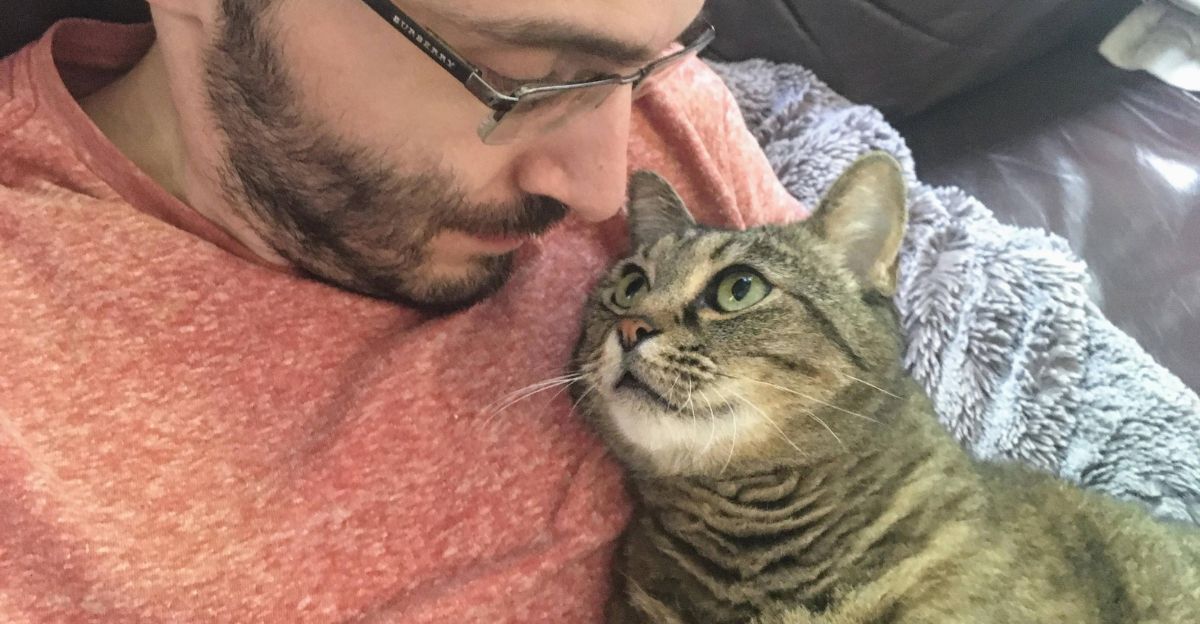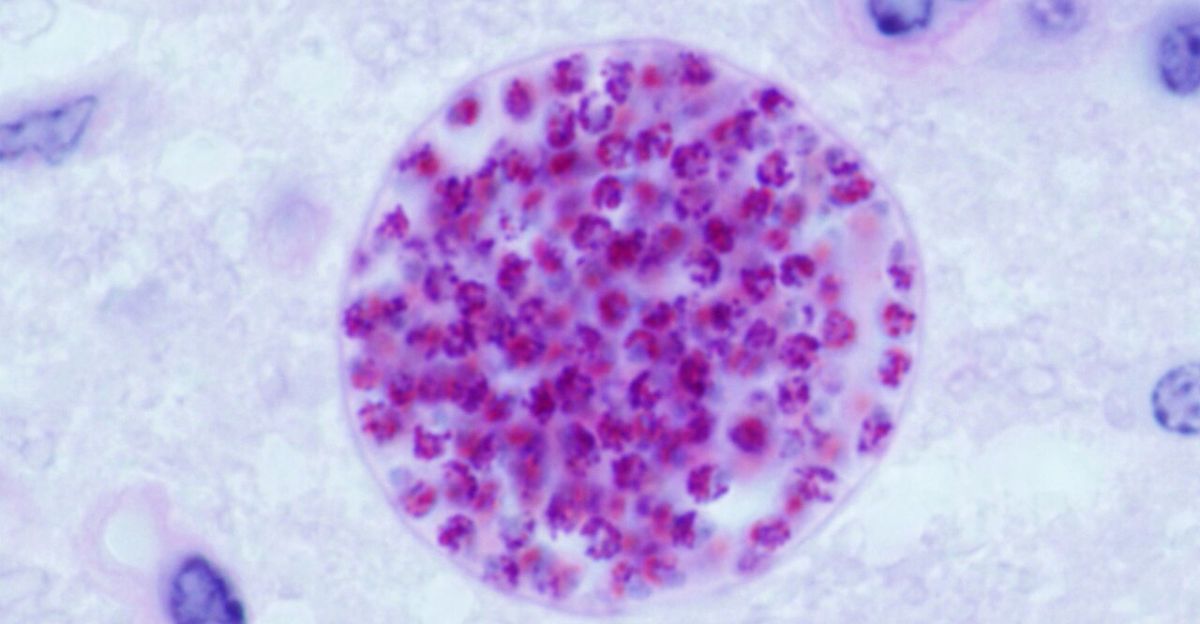
Cats are one of the most popular pets on households across America and make excellent companions. However, recent studies have shown some surprising links between having a feline as a pet and infertility in men. Mounting research suggests that there could be a correlation between a parasite called Toxoplasma gondii and litterboxes.
This parasite is usually found in undercooked meat but can also be found in cat feces and is now being studied for its effects on male reproductive health.
Toxoplasma Gondii

While many people go about their lives unaware of what Toxoplasma gondii even is, the parasite infects nearly a third of the population worldwide. The biggest carriers of this parasite are cats, with the parasite shedding its eggs in their litterboxes.
Humans who don’t take precautions when handling litter or gardeners where cats do their business can put themselves at risk of becoming infected.
How People Can Get Infected

Both men and women can get infected by Toxoplasma gondii in a variety of ways, including handling cat litter without gloves, gardening in the presence of cat feces, eating meat that isn’t properly cooked, or even not properly washing their vegetables and fruits.
The parasite, once inside the human body, can use the bloodstream as a highway to get to the reproductive organs.
The Effect On Sperm

While anyone can get infected by this parasite, there are implications on male reproductive systems. Prague had a study in 2021 looked at how the parasite affected sperm in males, and surprisingly 86% of infected men had abnormal numbers and other parameters.
Other studies have found similar findings, with men infected with Toxoplasmosis having more infertility compared to uninfected men.
Other Studies

There have been other studies that have had other findings that contradict previous ones. A pilot study on immunocompetent men didn’t find a substantial impact on fertility from Toxoplasmosis including lower sperm counts, hormone levels, or motility.
However, it is important to note that these studies had a lower sample size and did not control variables like smoking, which could have skewed the data.
Other Risk Factors

Studies have highlighted the effects of toxoplasmosis gondii on male reproductive health in men with lifestyle habits like smoking. Smokers infected by Toxoplasmosis had even worse sperm parameters, meaning that its effects are only exacerbated by smoking.
This could have meant there was no proper control in other studies that dismissed the effect of toxoplasmosis fertility levers and that it is especially harmful to already at-risk populations.
Fertility Levels

Fertility in men has lowered substantially in the last 35 years due to a number of factors, including poor diet, obesity, and exposure to chemical pollution. As we learn more about Toxoplasmosis and its effects on human health, the parasite is becoming more widely recognized as a contributor to infertility in men.
With more research, we could pinpoint just how much of an effect the parasite is having on global fertility levels, given how commonly it can be found in certain populations.
Are Cat Owners At Risk?

While Toxoplasmosis is most commonly found in cat feces, this does not mean that owning a cat puts owners at a huge risk of infection. The risks are only present if the proper precautions are not taken when handling cat litterboxes and poor hygiene.
The large majority of males will not experience a decline in fertility because of their pets. However, couples planning on having a child should take the proper measures to ensure one less variable is at play.
Conclusion Of The Studies

With more research about Toxoplasmosis and its link to cats coming out, future studies could help owners understand exactly what kind of risks there are, but for now, the link between the two is real but more nuanced than cat ownership equaling infertility.
Not every cat owner is at risk, and the parasite can easily be avoided by proper litterbox maintenance and precautions, as well as regular hygiene habits. Cat owners, especially men trying to conceive, should stay informed, have good hygiene, and consult healthcare experts if there are any concerns about fertility.
Explore more of our trending stories and hit Follow to keep them coming to your feed!

Don’t miss out on more stories like this! Hit the Follow button at the top of this article to stay updated with the latest news. Share your thoughts in the comments—we’d love to hear from you!







